‘Andy Warhol in Iran’ Skewers Fame and Fascism
Hovering between a hostage situation and a buddy comedy, Mosaic's "Andy Warhol in Iran" cleverly connects art and politics.

Brent Askari’s Andy Warhol in Iran could shift some theatergoers’ perspectives on a variety of complicated topics, from the junction of art and commerce, to Western interference in the affairs of modern Iran.
Making its D.C. premiere at Mosaic in a crisply-mounted production directed by Serge Seiden, the tidy two-hander takes on a world of troublesome issues without ever leaving a luxury hotel room in Tehran.
That’s where the artist Andy Warhol (Alex Mills) is holed up, having been invited by the wife of the Shah, Empress Farah, to create pop-art portraits of her and the royal family.
Inspired by Warhol’s real-life 1976 trek to Iran at the behest of the Empress, the play presents a fictionalized but entirely familiar version of the pop culture icon.
The white wig is in place, he’s quoting himself and recounting a few famous misadventures, dropping the names of his notorious Superstars, to whom he refers, reductively, as a gang of “junkies, speed freaks, and poor little rich girls.”
Addressing the audience, he instructs us to imagine, as he’s narrating the tale at hand, that he’s chatting to us over the phone. Because Andy Warhol loved talking to friends on the phone.
So well-versed in Warholian lore is Askari’s fictional Andy Warhol, he comes off at times like the world’s foremost expert on the man, rather than a fully dimensional character in the play’s intriguing standoff. Still, Mills’ engaging performance fleshes out this Andy’s wry sense of humor and earnest curiosity.
There’s not much sense of the pop impresario’s ego, eccentricity, or magnetism, but he does show courage in standing up to Farhad, a young Persian radical who infiltrates Warhol’s room and holds the artist at gunpoint. Portrayed with livewire intensity by Nathan Mohebbi, Farhad represents a group protesting human rights violations of the Shah’s government and secret police, about which Warhol professes to know nothing.
Politics is too abstract for him to process, Warhol claims, so he simply doesn’t pay attention. These days, he prefers instead to focus on his “business art” — his ongoing, extremely lucrative project of creating pop art portraits of practically any super-rich subject who wants to pay for one.
Shooting Polaroids of the Empress is, more or less, just a glamorous business transaction for Andy. Farhad is appalled, of course. “Do you know or care about the atrocities happening in Iran?” Well, no.
“You could paint anything but you choose to paint and glorify dictators,” Farhad tells him. Therein lies the play’s strongest critique, of an artist’s complicity in glamorizing the decadence of despots and controversial figures like Henry Kissinger.
Quoting the Village Voice, Farhad refers to Andy as “Fascist chic’s recording angel,” a damning legacy and powerful reminder that arts and media can easily be co-opted to normalize bad behavior. (See: SNL turning Trump into the show’s fuzzy mascot.)
Warhol’s status as “the world’s most decadent artist” is precisely why Farhad’s group targeted him. Their intent is to kidnap him — not that the artist ever seems in real danger.
Despite Farhad’s intensity and the presence of a gun, Askari adheres to a fairly straightforward plot, with Warhol wondering, “Why me?” and Farhad carefully breaking down the whys and wherefores of Iran’s complicated history and present, along with his group’s revolutionary goals. The two banter and argue, but the blows are glancing. The gloves never come off.
Seiden and his cast draw out hints of sexual tension simmering between Warhol and his captor. Yet, while we wait for this scenario to ignite in one direction or another, towards violence or seduction or something, the pot stays simmering, like the discourse, not quite boiling with rage and revolution but torrid enough to keep us guessing.
Andy Warhol in Iran (★★★☆☆) runs through July 6 at the Atlas Performing Arts Center, 1333 H St. NE. Tickets are $42 to $78, with discount options and rush tickets available for each performance. Call 202-399-7993, ext. 2 or visit www.mosaictheater.org.
Support Metro Weekly’s Journalism
These are challenging times for news organizations. And yet it’s crucial we stay active and provide vital resources and information to both our local readers and the world. So won’t you please take a moment and consider supporting Metro Weekly with a membership? For as little as $5 a month, you can help ensure Metro Weekly magazine and MetroWeekly.com remain free, viable resources as we provide the best, most diverse, culturally-resonant LGBTQ coverage in both the D.C. region and around the world. Memberships come with exclusive perks and discounts, your own personal digital delivery of each week’s magazine (and an archive), access to our Member's Lounge when it launches this fall, and exclusive members-only items like Metro Weekly Membership Mugs and Tote Bags! Check out all our membership levels here and please join us today!







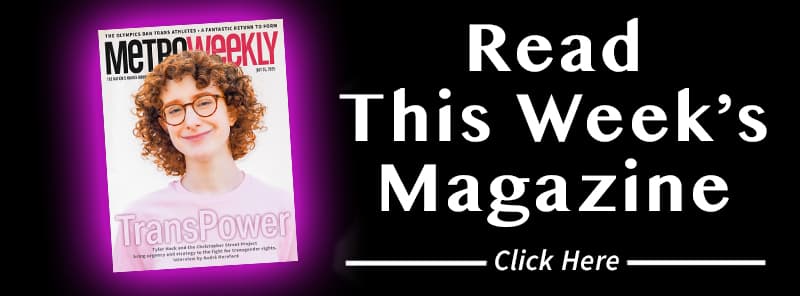

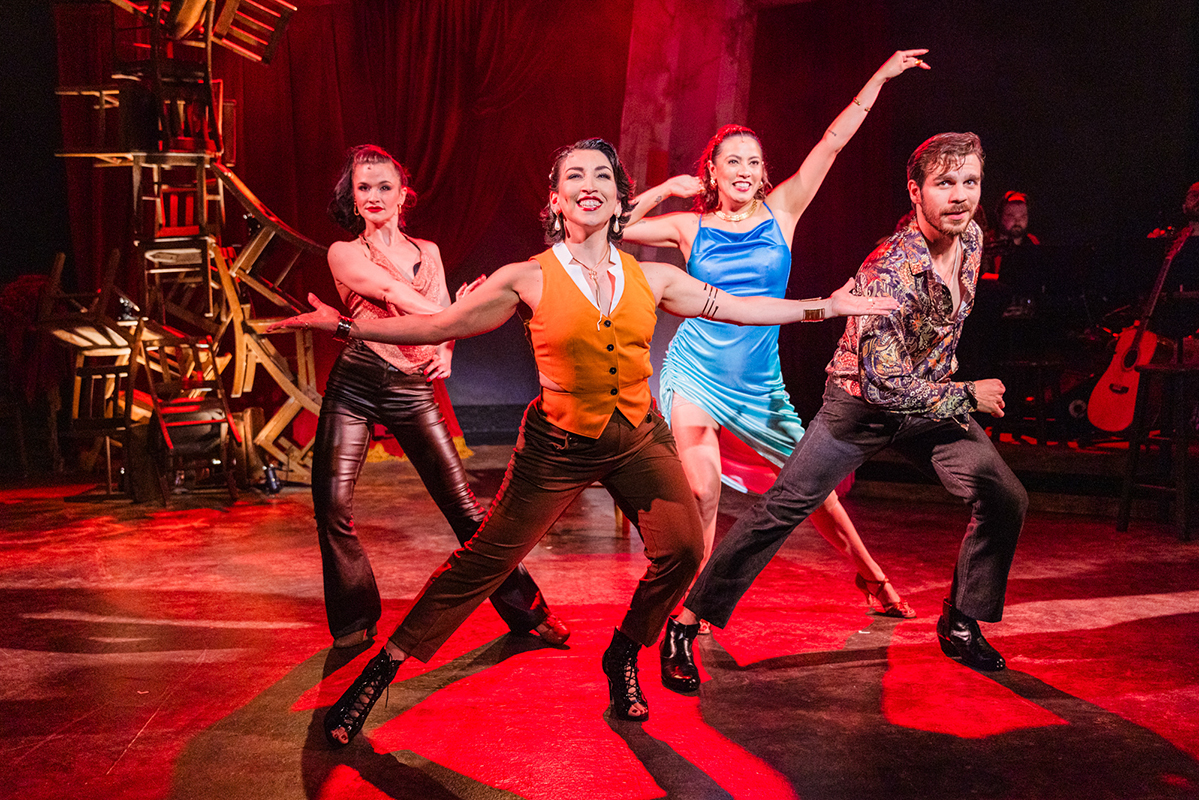
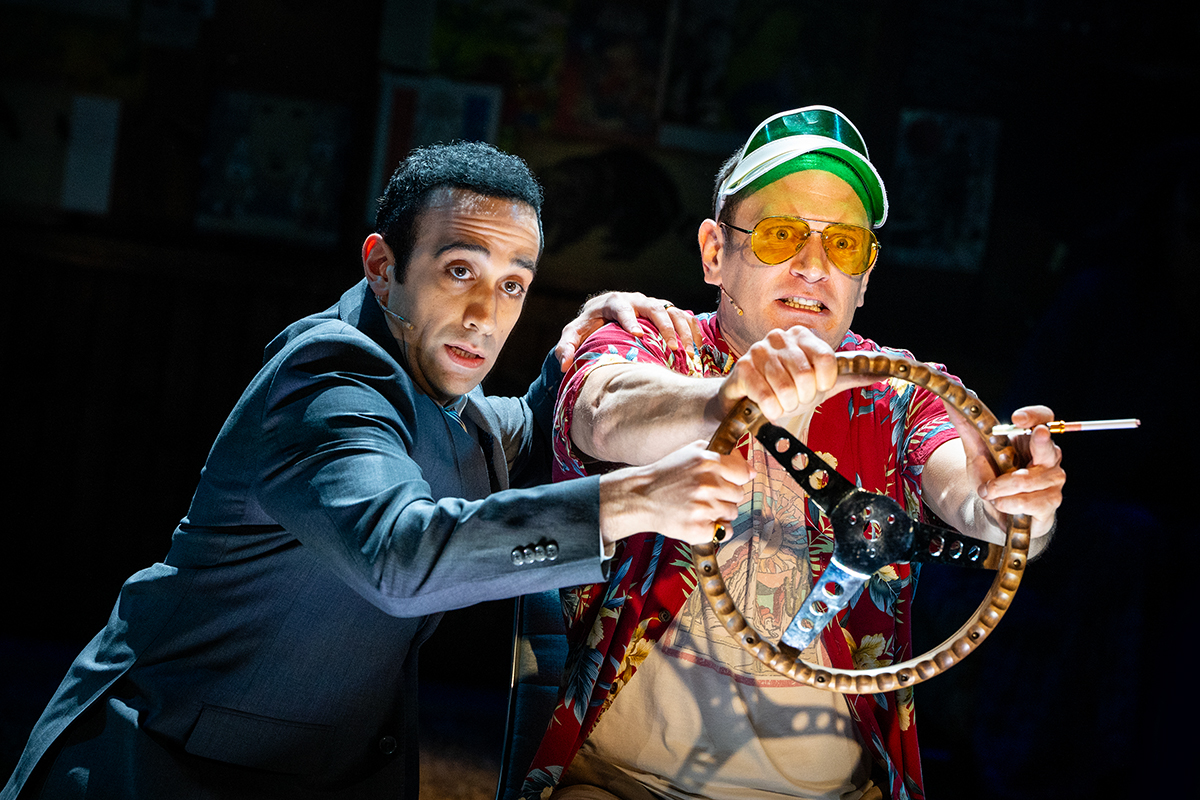














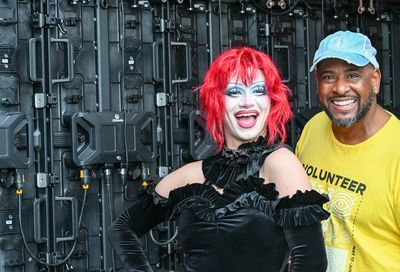
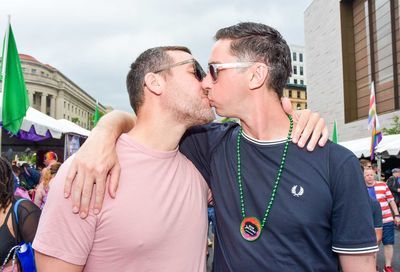
You must be logged in to post a comment.